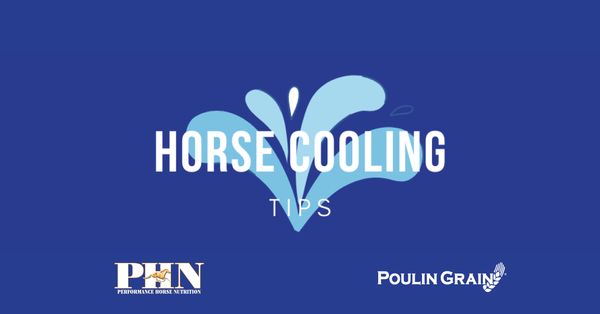
Equine
Horse Cooling Tips
7 tips for keeping your horse cool

Equine
7 tips for keeping your horse cool
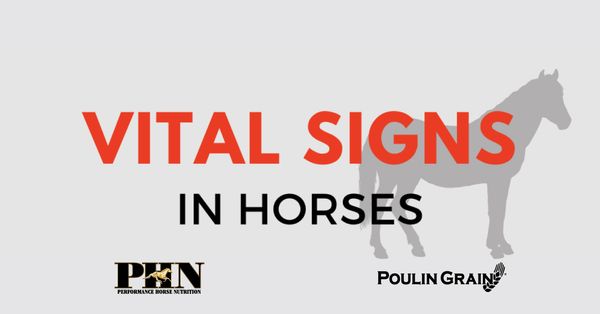
Equine
Do you know the vital signs in horses? Have the normal ranges in mind, to be able to identify early indicators of problems.
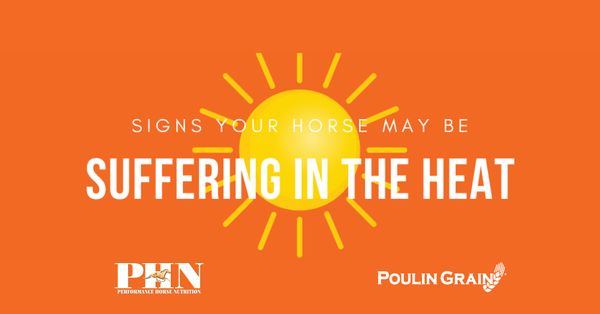
Equine
Know the signs of heat suffering in your horse!
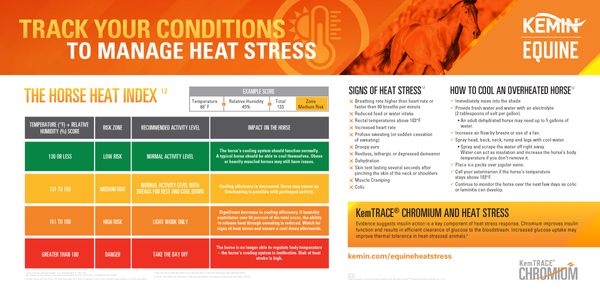
Equine
"Evidence suggests insulin action is a key component of heat stress response. Chromium improves insulin function and results in efficient clearance of glucose to the bloodstream. Increased glucose uptake may improve thermal tolerance in heat stressed animals..."
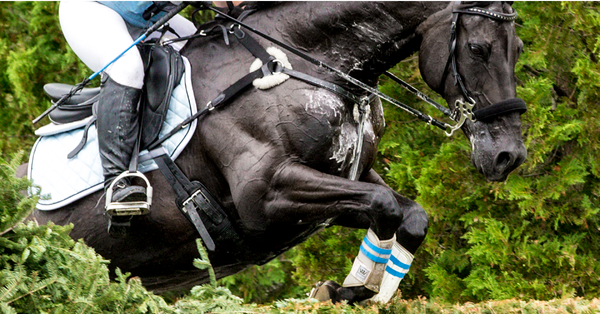
Equine
Proper hydration should be top priority, especially throughout the summer months. These tips break down the basics.
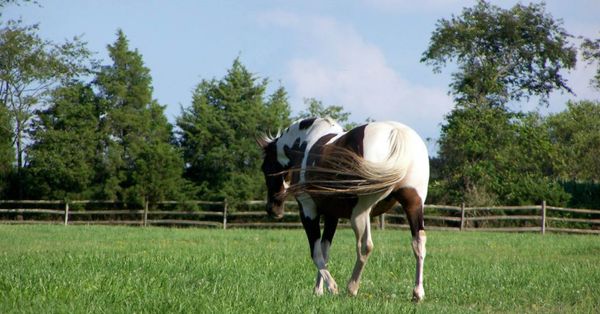
Equine
Research has shown that pasture-induced laminitis occurs at times of rapid grass growth. The accumulation of certain carbohydrates including fructans, starches, and sugars (Non-Structural Carbohydrates, NSC) in pasture forage during the spring, early summer and fall, particularly after rainfall precipitate this laminitis. Therefore we must carefully manage pasture turnout and
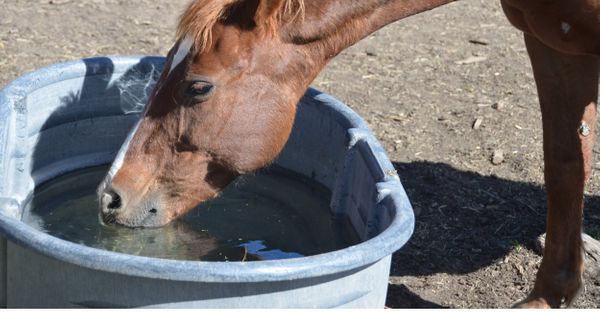
Equine
Just because the weather isn't warm, doesn't mean hydration is any less important. Take these simple steps to make sure your horse is getting enough water this winter.
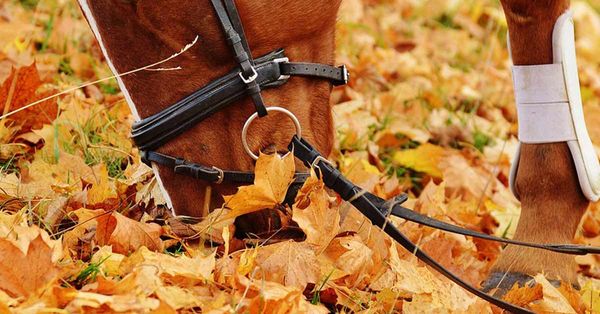
Equine
Fall is here! The leaves are changing, and the temperatures are cooling off. It's hard to imagine that such a pretty time of the year could possibly be harmful to our horses.
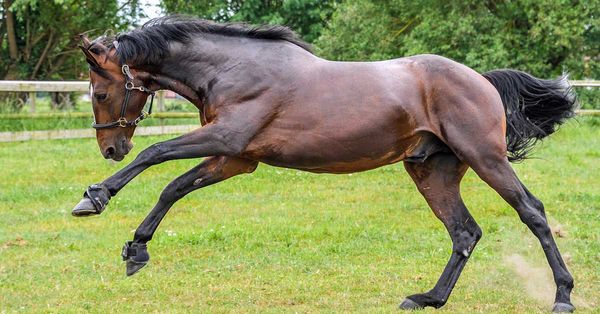
Equine
Soon winter will be over and with spring in the air we will all want to get back in the saddle and start riding our horses again.
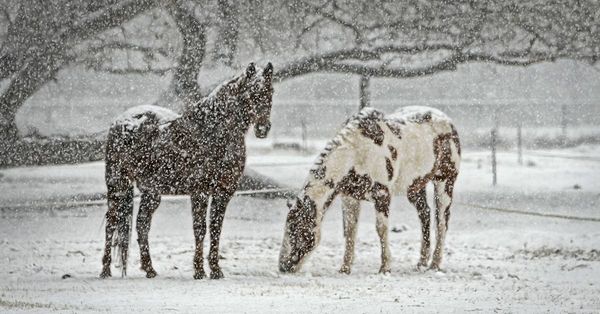
Equine
Several environmental conditions affect horses in the winter: * Horses decrease feed intake in cold AND windy weather – seek shelter * Snow accumulation greater than 3 inches covers grass, decreases intake of pasture, decreases grazing time by 24%, and decreases intake by 22%. * Pawing through deep snow to get grass greatly increases
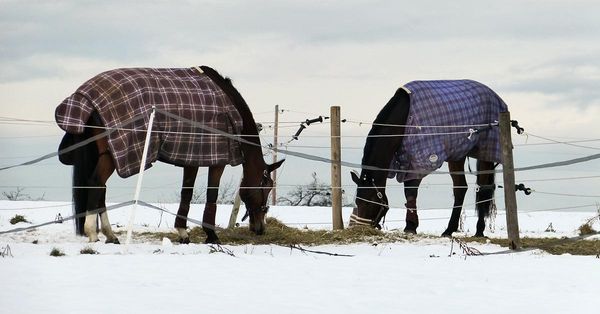
Equine
Forage is critical for horses especially during the winter months. As the microbes in the hindgut breakdown fiber to create energy they also create heat which can serve to help keep your horse warm. In most areas of the North East there is little to no pasture available during the